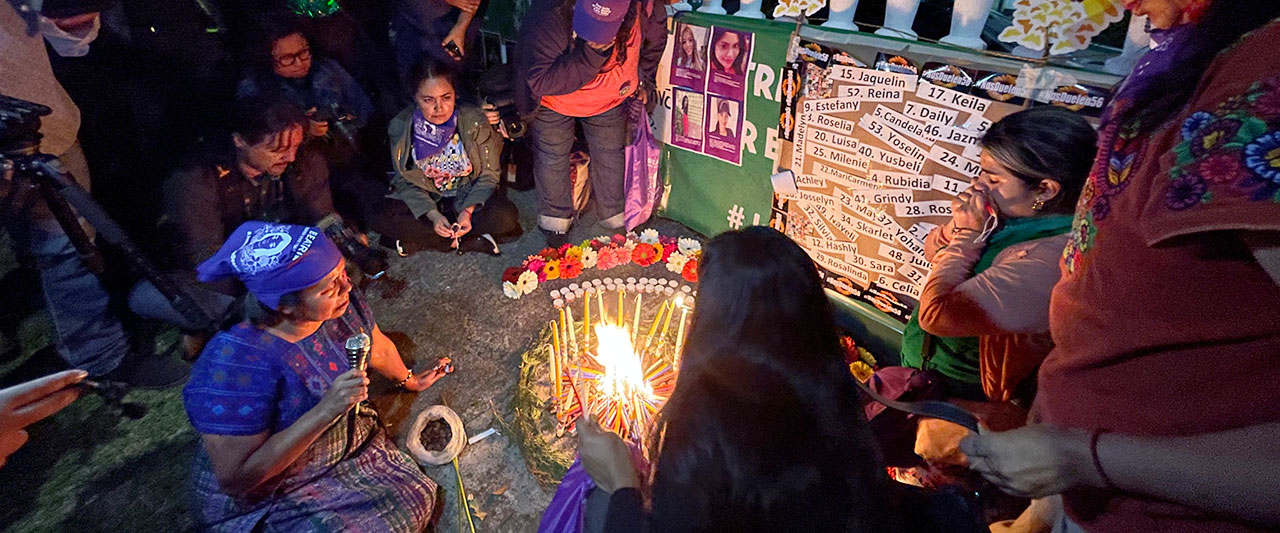The Inter-American Court on Human Rights, the highest judicial human rights body in Latin America, is expected to issue a ruling by the end of the year in an historic case involving El Salvador’s total ban on abortion.
The case centers around Beatriz, a young mother with lupus who had pleaded with the El Salvadorian state in 2013 to allow her to end a pregnancy that was putting her health and life at risk. Her doctors knew that ending her pregnancy was the only way to save her life, but they feared imprisonment under El Salvador’s abortion law and refused to perform an abortion. After international outrage and multiple court battles, Beatriz finally was able to end the pregnancy, but both her physical and mental health had been seriously affected at that point and she needed medical treatment.
Beatriz later sued El Salvador, seeking reparations and declaring that no woman should have to suffer as she did. But by then her health had seriously deteriorated. She died in 2017, leaving behind a five-year-old son.
Reproductive rights advocates across Latin America, including Ipas, are demanding justice for Beatriz and believe this case has the potential to expand reproductive rights across the region. The court’s decision to take on the case, says María Antonieta Alcade, director of Ipas Central America and Mexico, “strongly indicates… that the denial of any health service, including those that are controversial such as abortion, is a human rights violation.”

Dr. Guillermo Ortiz, Ipas senior medical advisor, was among those testifying at the hearing. Ortiz was a practicing OB-GYN in El Salvador when he oversaw Beatriz’s case. He testified that the country’s total abortion ban prevented him from offering her an abortion, even though she had a high-risk pregnancy because of her health issues.
Ortiz, who practiced for 20 years under El Salvador’s abortion ban, says he has seen many women die because they could not have an abortion even though it was medically needed. In the case of Beatriz, he says, “She was under my direct care and I saw her suffer a lot. But due to the law, my hands were tied—even though a medical committee of 15 specialists had recommended an abortion.”
“
“She was under my direct care and I saw her suffer a lot. But due to the law, my hands were tied—even though a medical committee of 15 specialists had recommended an abortion.”
Ortiz also testified in a case previously before the Inter-American court concerning Manuela, who had suffered an obstetric emergency. Accused by the government of having an abortion, she was imprisoned and died while serving a 30-year sentence. Ortiz testified in that case that it is the responsibility of El Salvador and other states to prevent the criminal prosecution of women when they are suffering obstetric emergencies. The court ruled that El Salvador must take action to reform its punitive reproductive health and rights policies.



